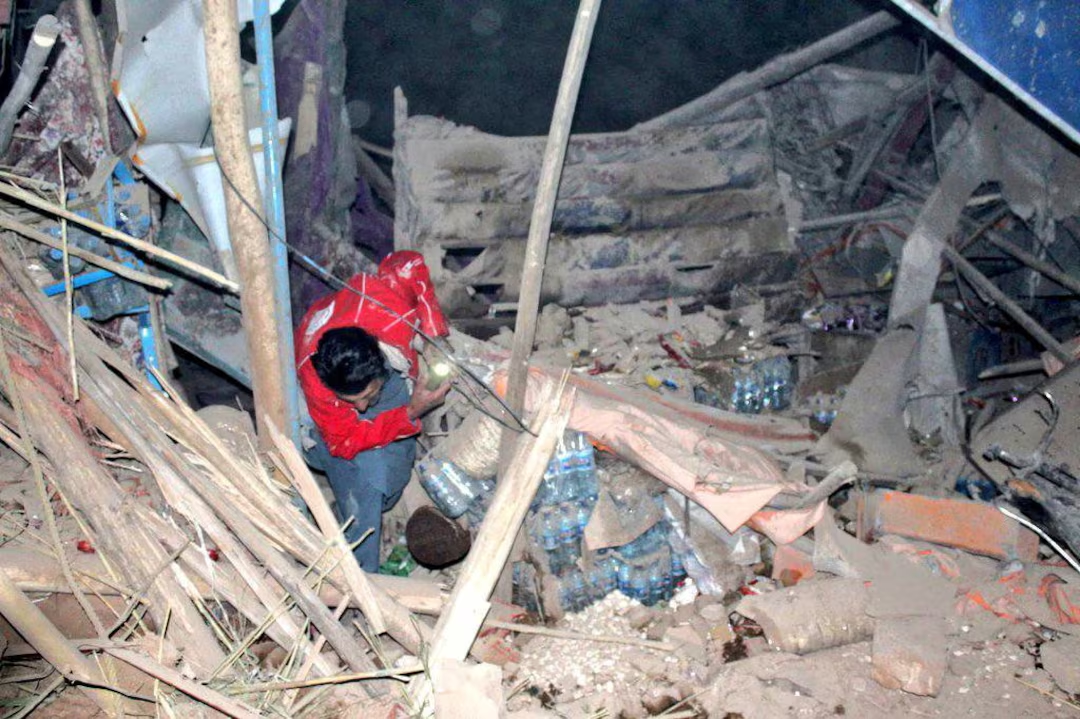A powerful earthquake struck northern Afghanistan on Thursday, killing at least 20 people and injuring dozens. The quake, preliminarily measured at magnitude 6.8, hit near the Badakhshan province. It jolted communities in remote mountain areas where homes are often vulnerable.
Collapse and Casualties in Rural Areas
In the hardest-hit districts, many houses made of mud and stone collapsed under the tremors. Rescuers found victims trapped under rubble. In one village, a school building collapsed during the quake, resulting in several deaths. Emergency teams rushed to remote locations despite damaged roads and landslides blocking access.
Response from Authorities
Afghan authorities declared an emergency in affected areas and dispatched search and rescue teams. International aid agencies mobilised to assist with medical care, shelter, and supplies. Helicopters flew to remote zones unreachable by road. The government plans to assess structural damage and begin relief distribution.
Challenges in Relief and Rescue
Remote terrain, aftershocks, and unstable soils make rescue operations difficult. Many affected areas lack proper infrastructure and medical facilities. Cold weather and high altitudes exacerbate survivors’ needs. Emergency teams face delays transporting injured people to hospitals, and the risk of further collapses looms for structures weakened by the quake.
Human Impact and Recovery Needs
In addition to loss of life, the quake left many homeless and struggling for basic necessities. Farmers lost livestock and damaged croplands. Many households now require tents, warm clothing, clean water, and food. Aid experts warn that recovery could take months and call for urgent support from international donors and local relief agencies.
Conclusion
The northern Afghanistan earthquake stands as a tragic reminder of how vulnerable remote communities remain to natural disasters. With at least 20 dead and many more affected, the path ahead involves rescue, relief, and long-term rebuilding. The extent of damage will only be fully known once assessments conclude. For now, hope rests on swift aid and solidarity with those whose lives have been shattered.



